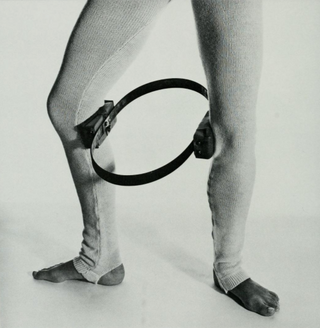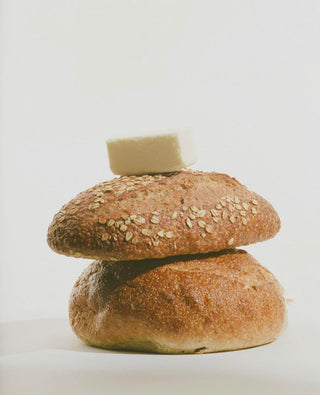
By @coreflexpilates founder Chris Bardawil
HIIT or high intensity interval training has become a pretty normal part of modern training, its something you have probably already done without even realising it. It was popularised over a decade ago with Crossfit and now modernised in many forms of classes we see at gyms as well as being seen all over the web with HIIT routines and articles.
High intensity exercise is a bit different from normal exercise. Basically packing in as much exercise as you can in a very short space of time and normally done in short bursts with minimal rest between sets.
It is normally a mix of exercises such as burpees, lunges, squats, pushups, mountain climbers, among others. For instance, exercising for 15 seconds followed by a rest of 30 seconds repeated several times would be considered high intensity. It can also be done with cardio or weight training or sometimes both combined.
The reason for its popularity is that it gets you results and is very time efficient, but lets take a deeper dive.
Advantages:
Great for calorie burning - if your goal is to burn the most amount of calories in a short amount of time then HIIT is for you. Studies have shown high intensity exercise can burn up to 30% more calories than steady state exercise like cycling or walking.
Improves cardiovascular health - although strenuous (we’ll come to that later) HIIT has been shown to improve heart health by helping to lower blood pressure and improve cholesterol levels.
Increases your metabolism - HIIT helps improve mitochondria in cells which is essentially what produces the energy in your cells.
Time efficient - the average HIIT session is 15-30 minutes, meaning if you have limited time or can't make it to the gym, it's a great option to add to your exercise routine.
Can be done anywhere - most HIIT workouts are designed to be done with your body weight and can be done with minimal space as they are essentially bodyweight workouts completed within a strict time schedule. If you want to get outside there are plenty of high intensity sprinting routines that can be done in your local park or track.
Improve insulin sensitivity - exercise by nature helps improve your insulin sensitivity. HIIT though has been shown to be especially effective making your body require less insulin to lower blood glucose.
Disadvantages:
Tough on your body - As HIIT crams a lot of work into a short timeframe, it can be a bit of a shock to your muscles and joints. The best advice is to start slowly and not overdo your first few workouts. As you get stronger and used to the exercise you will find your body adapts. Most importantly though, is to always do the exercises with good form and to stop when you feel like you are starting to strain and lose shape.
Strain on the heart - due to its strenuous nature, high intensity workouts can put a lot of stress on the heart. Again, its a case of starting slowly and allowing your body to get used to the exercise levels. Most HIIT programs though give options for beginners and guidance on how to work your way up.
Difficult to stick to - this is mainly due to HIIT’s intensity in that it can be hard to muster up the motivation to constantly push yourself to your limits. Long term, some people find they are more likely to drop off from their routine as opposed to doing a more moderate exercise schedule.
All in all, HIIT is something that is worth adding to your routine but it may not be your staple form of exercise. It is great in moderation or to give your body a bit of a jump start but best mixed up with other more moderate intensity activities such as walking, hiking, sports, pilates, weight training or running.
References:
https://pubmed.ncbi.nlm.nih.
https://pubmed.ncbi.nlm.nih.
https://www.ncbi.nlm.nih.gov/
https://www.ncbi.nlm.nih.gov/
https://academic.oup.com/















